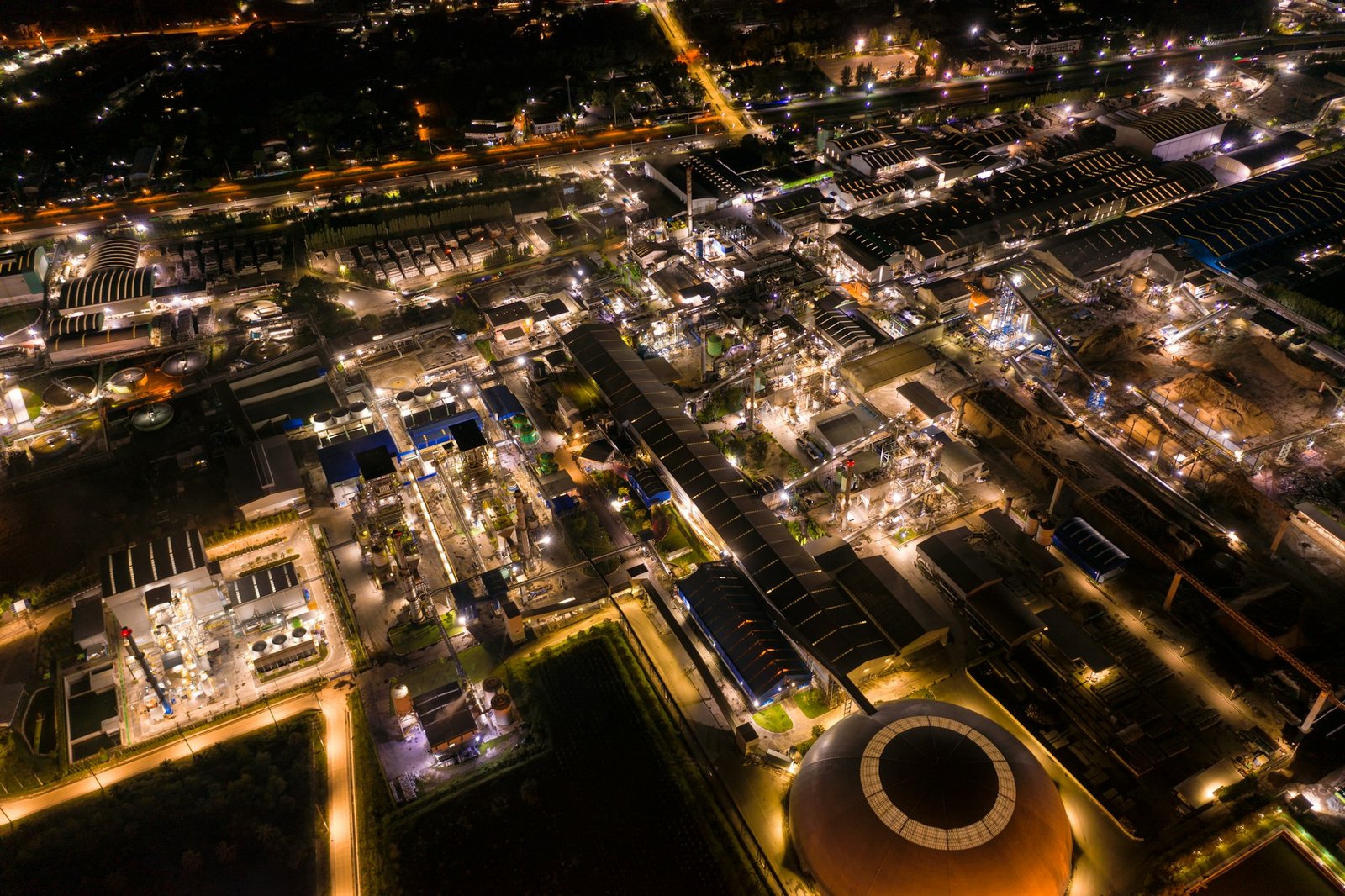Unlocking the Power of Innovative Chemistry: Exploring Emerging Technologies
Chemistry, often hailed as the central science, has undergone remarkable transformations over the years. From ancient alchemy to modern synthetic chemistry, the field has continuously evolved, driven by innovation and technological advancements. In recent years, the integration of emerging technologies has propelled chemistry into new realms of possibility, unlocking unprecedented potential across various industries.
The Rise of Innovative Chemistry
Innovation in chemistry is not a new phenomenon. Throughout history, groundbreaking discoveries and inventions have revolutionized the way we perceive and interact with matter. However, with the advent of modern technologies such as artificial intelligence, automation, and nanotechnology, the pace of innovation in chemistry has accelerated dramatically.
Artificial Intelligence and Machine Learning in Chemistry
Artificial intelligence (AI) and machine learning (ML) have emerged as powerful tools in the realm of chemistry. These technologies enable researchers to analyze vast amounts of data, predict chemical properties, and design novel molecules with enhanced functionalities. By harnessing the power of AI and ML algorithms, scientists can expedite the drug discovery process, optimize chemical reactions, and even predict the environmental impact of new materials.
In fact, according to a study published in Nature, researchers at IBM used machine learning algorithms to discover a new class of materials for organic electronics, demonstrating the transformative potential of AI in chemistry.
Automation and Robotics in Chemical Synthesis
Automation and robotics have revolutionized chemical synthesis, making it faster, safer, and more efficient than ever before. Automated synthesis platforms equipped with advanced robotics and computer-controlled systems enable precise control over reaction conditions, leading to higher yields and purity levels.
Furthermore, automation allows for the synthesis of complex molecules that were previously deemed impractical or inaccessible. This has significant implications for drug discovery, where the ability to synthesize diverse chemical compounds rapidly is essential for identifying potential therapeutic agents.
Applications Across Industries
The impact of innovative chemistry powered by emerging technologies extends across various industries, from pharmaceuticals and materials science to agriculture and environmental remediation.
Pharmaceutical Industry
In the pharmaceutical industry, innovative chemistry plays a pivotal role in drug discovery and development. By leveraging technologies such as AI-driven virtual screening and automated synthesis, researchers can expedite the identification of lead compounds and optimize their pharmacological properties. This accelerated drug discovery process holds promise for addressing unmet medical needs and combating emerging health threats.
Materials Science
In the field of materials science, innovative chemistry has led to the development of advanced materials with tailored properties and functionalities. From self-healing polymers to nanomaterials with unprecedented strength and conductivity, the possibilities are endless. Emerging technologies enable precise control over the synthesis and assembly of materials at the atomic and molecular levels, paving the way for next-generation electronics, energy storage devices, and biomedical implants.
Agriculture and Environmental Remediation
In agriculture, innovative chemistry offers sustainable solutions for enhancing crop yields, controlling pests, and mitigating environmental pollution. By developing novel agrochemicals with reduced environmental impact and increased efficacy, researchers can address the challenges of food security and environmental sustainability.
Similarly, in environmental remediation, innovative chemistry plays a crucial role in cleaning up contaminated sites and mitigating the effects of pollution. Technologies such as nanoremediation, which involves the use of nanoparticles to degrade or sequester hazardous contaminants, show promise for tackling environmental challenges on a global scale.
FAQs (Frequently Asked Questions)
Q1: How is artificial intelligence used in chemistry?
A1: Artificial intelligence is used in chemistry for various applications, including drug discovery, predictive modeling, and reaction optimization. AI algorithms analyze large datasets, predict chemical properties, and assist in the design of new molecules.
Q2: What are the benefits of automation in chemical synthesis?
A2: Automation in chemical synthesis improves efficiency, reproducibility, and safety. Automated synthesis platforms enable precise control over reaction conditions, leading to higher yields and purity levels. Additionally, automation allows for the synthesis of complex molecules that were previously challenging to produce.
Q3: What industries benefit from innovative chemistry?
A3: Innovative chemistry benefits a wide range of industries, including pharmaceuticals, materials science, agriculture, and environmental remediation. It enables the development of new drugs, advanced materials, sustainable agricultural practices, and solutions for environmental challenges.
Q4: How does innovative chemistry contribute to sustainability?
A4: Innovative chemistry contributes to sustainability by enabling the development of environmentally friendly processes, materials, and products. By optimizing chemical reactions, reducing waste, and minimizing environmental impact, innovative chemistry plays a crucial role in advancing sustainable development goals.
Q5: What are some examples of innovative chemistry in action?
A5: Examples of innovative chemistry include the use of artificial intelligence in drug discovery, automation in chemical synthesis, and the development of advanced materials for various applications. These technologies are revolutionizing industries and driving scientific progress.





